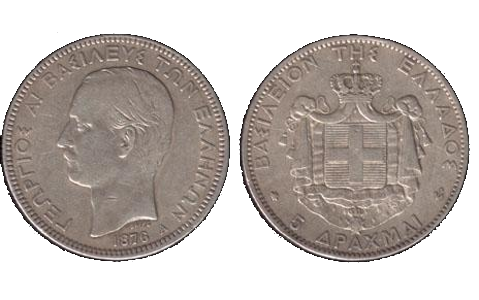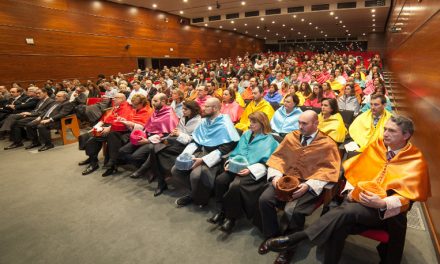
Albert Estrada-Rius, corresponding academician of the Royal European Academy of Doctors-Barcelona 1914 (RAED) and chief curator of the Numismatic Cabinet of Catalonia, coordinates the XXI Course on Hispanic Monetary History, entitled “De la dracma al euro. Sistemas y uniones monetarias en el occidente de Europa” (From the drachma to the euro. Systems and monetary unions in Western Europe), to be held in Barcelona between the next 29 and 30 November. “The euro has celebrated its 15th anniversary as the common currency of the member states of the European Union that have joined its monetary union, a milestone that invites us to look back and make a historical review of the various monetary systems and unions. That have happened in western Europe and, in particular, in the Iberian Peninsula”, explains the academician.
The course starts with the introduction of the currency by the Greeks, Punics and Romans in the Peninsula and its impact on indigenous peoples. Next, it analyses the diffusion and development, throughout the Middle Ages, of the Carolingian monetary system and the subsequent reception of foreign currency such as the Italian florins and duchies, which were imitated and used as patrons. Already in the Modern Age, the arrival of large quantities of precious metals and the formalization of monetary systems with large pieces of great value that spread both in Europe and in America and reached Asia are analyzed. Finally, the course invites us to reflect on the present of the euro and its future in the light of the Latin Monetary Union that was created in the mid-nineteenth century.
The sessions will be attended by Marta Campo, from the Ibero-American Society of Numismatic Studies; Bartolomé Mora, professor at the University of Málaga; Manuel Gozalbes, from the Museum of Prehistory of Valencia; Marc Bompaire, of the Superior School of the Ernest Babelon Centre; Lucia Travaini, professor at the University of Milan; José María de Francisco, professor at the Complutense University of Madrid; Miguel Martorell, professor at the Spanish National University of Distance Education, and Agustí Ulied, professor at the ESADE Business School.
See programme




